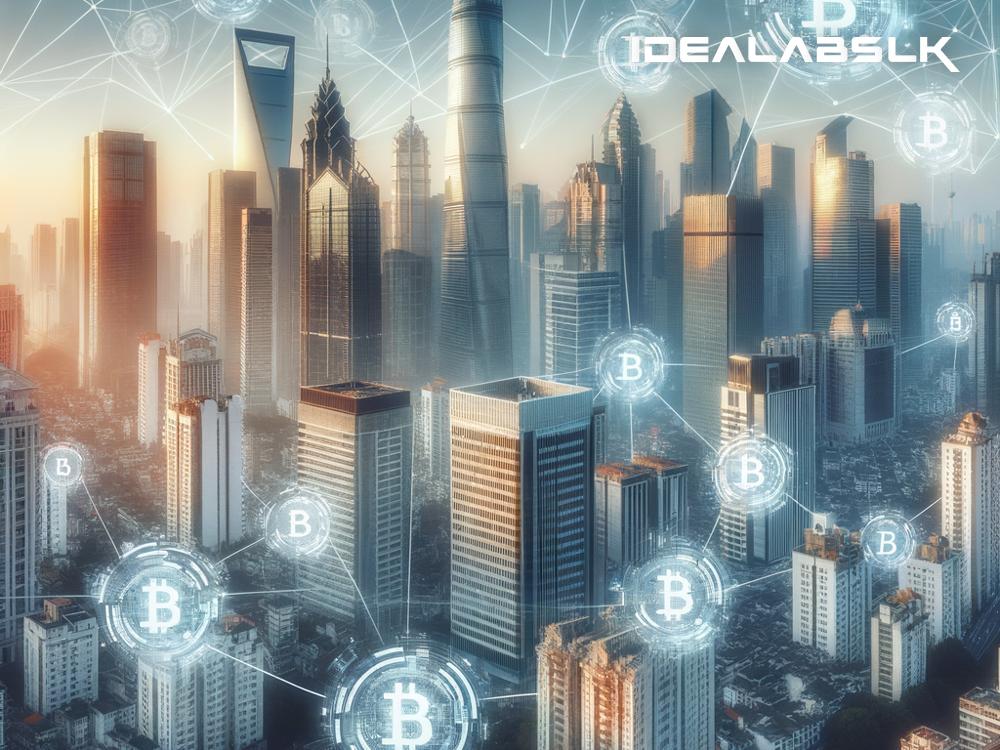Title: Unlocking Real Estate Possibilities: The Power of Blockchain for Fractional Property Ownership
In the world of real estate, the buzz around blockchain technology is getting louder, and for a good reason. This revolutionary technology, most famous for powering cryptocurrencies like Bitcoin, holds the key to transforming the way we buy, sell, and invest in properties. One of the most promising applications of blockchain is tokenizing property for fractional ownership. But what does this mean, and why is it a game-changer for the real estate industry? Let's dive into the basics of blockchain for real estate and explore the benefits of fractional property ownership.
Understanding Blockchain and Tokenization
At its core, blockchain is a digital ledger system that's secure, transparent, and impossible to alter retroactively. Imagine it as a high-tech record-keeping book that everyone can see but no one can tamper with. Tokenization, on the other hand, involves converting the value of a real-world asset into a digital token on the blockchain. This token then represents ownership or a share of the asset, which, in the case of real estate, could be a building, a piece of land, or a property investment.
Fractional Ownership: Breaking Down Barriers
Traditionally, investing in real estate requires substantial capital, making it difficult for average investors to break into the market. Fractional ownership changes the game by allowing multiple investors to own a share of a property. This means instead of needing hundreds of thousands or millions of dollars to invest in real estate, individuals can participate with much smaller amounts. The process becomes as simple as buying stocks in a company.
The Benefits of Tokenizing Property for Fractional Ownership
- Democratizing Real Estate Investment
Blockchain technology and tokenization make real estate investments more accessible to a broader audience. By lowering the entry barrier, individuals who previously couldn't afford to invest in real estate can now buy tokens that represent a fractional share of a property. This democratization of real estate puts the dream of property investment within the reach of many.
- Enhanced Liquidity
One of the traditional challenges with real estate investments is their lack of liquidity. Selling a property can be a long, complex process. However, with tokenized real estate, owners can sell their tokens on the blockchain, making the process faster and more efficient. This increased liquidity makes real estate a more attractive investment option, as it reduces the commitment traditionally required to lock in significant sums for long periods.
- Transparency and Security
The blockchain's transparent and immutable nature means that every transaction is recorded and publicly verifiable. This transparency helps reduce fraud and ensures that the ownership and transaction history of a property is clear and undisputed. Furthermore, the security of blockchain technology means that transactions are secure and tamper-proof, providing peace of mind for investors.
- Reduced Transaction Costs
Traditional real estate transactions involve a lot of intermediaries, including brokers, lawyers, and banks, which can lead to high costs. Blockchain technology streamlines the process by removing the need for many of these intermediaries. This not only speeds up transactions but also significantly reduces the costs associated with buying and selling property.
- Global Investment Opportunities
Tokenizing property for fractional ownership opens up global investment opportunities that were previously difficult to access. Investors can buy tokens in properties located in different parts of the world without the bureaucratic hurdles that come with international real estate transactions. This global market approach could potentially offer higher returns and diversification benefits for investors.
Embracing the Future
As we navigate through the nascence of blockchain in real estate, it's clear that the technology holds the potential to revolutionize the industry. Tokenizing property for fractional ownership brings numerous benefits, from making real estate investment more accessible and liquid to reducing costs and increasing transparency. While there are still challenges to overcome, particularly in terms of regulation and adoption, the trajectory points towards a future where blockchain technology is at the heart of real estate transactions. As investors and industry professionals look to tap into these benefits, embracing this technological shift could redefine the landscape of real estate investment for generations to come.

